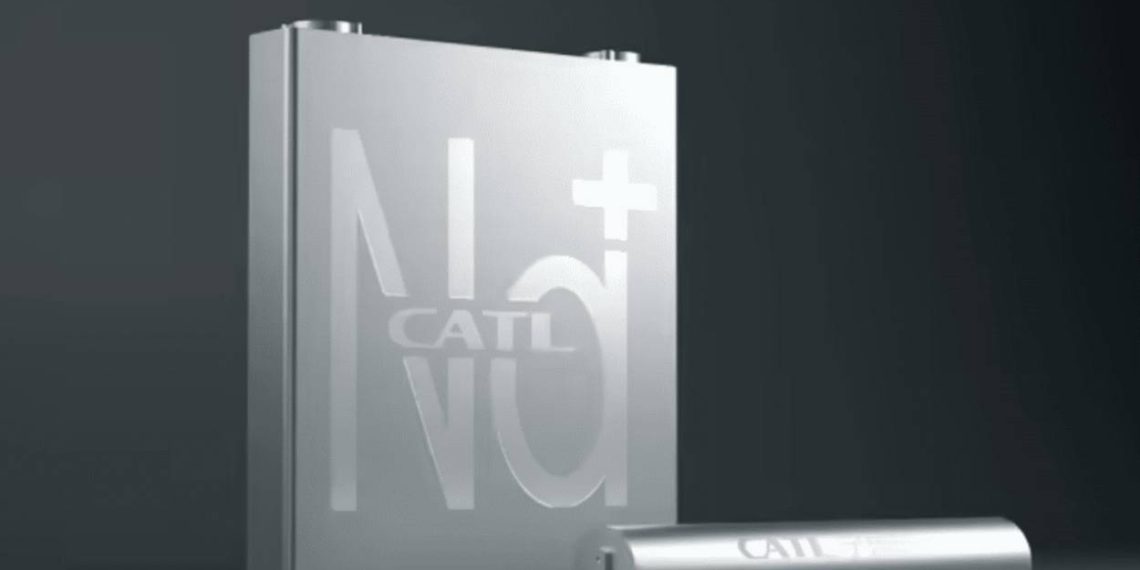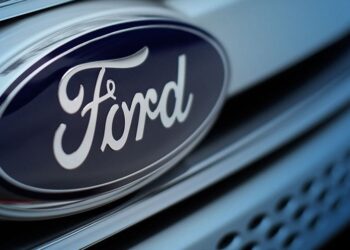China has been strengthening investments in the electric vehicle battery sector in Morocco, a North African country that has been serving as a backdoor for entry into the European market.
The analysis from the think tank “Gavekal Dragonomics“, now revealed, shows that by using Morocco, Chinese companies aim to circumvent trade barriers and secure preferential access to the European market.
“Vast phosphate reserves and free trade agreements with the European Union make Morocco the preferred location for Chinese companies to establish their supply chains”, the think tank described in a report.
Moreover, Morocco has a strategic location and tax incentives enhance the attractiveness for Chinese companies to set up battery factories.
“Morocco is reaping the benefits of a 25-year modernization effort led by its reformist king, Mohammed VI. With low-cost labor, favorable investment policies, and efficient transport infrastructure, the country has benefited from the regionalization of global supply chains, emerging as a platform for the European market”, states Gavekal Dragonomics, as cited in the analysis.
Furthermore, factories can be built more quickly in Morocco than in the target markets, which have lengthy licensing processes, and could supply other markets in the future.
Companies like the Chinese BYD and CATL have invested in the development of this technology over the past ten years, anticipating the transition of the automotive sector to the electric segment.
China now holds over 80% of the global manufacturing capacity for electric vehicle batteries and has a monopoly on the key raw materials and components necessary for production, threatening to shake up the “status quo” of the automotive industry, which has been dominated for decades by Western and Japanese manufacturers.
Moreover, China concentrates almost 100% of the installed production capacity for LFP batteries. However, the overproduction and threats of tariffs abroad are leading Chinese companies to relocate part of their production overseas.










